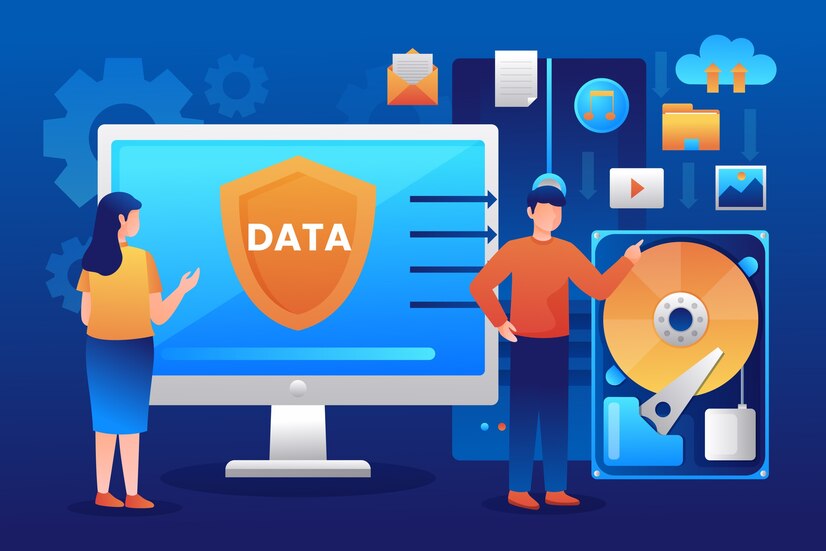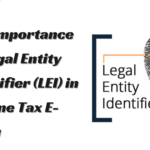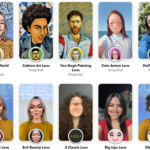Privacy in the Information Age: Challenges and Solutions
From social media platforms to online shopping and financial transactions, our personal information is constantly shared and stored online. As a result, the issue of privacy on the internet has become a growing concern. This article delves into the challenges posed by this evolving landscape and explores some potential solutions to safeguard our personal information. We will also touch on the role of free antivirus software and strategies to enhance online privacy.
The Challenges of Privacy in the Information Age
Data Collection and Monetization
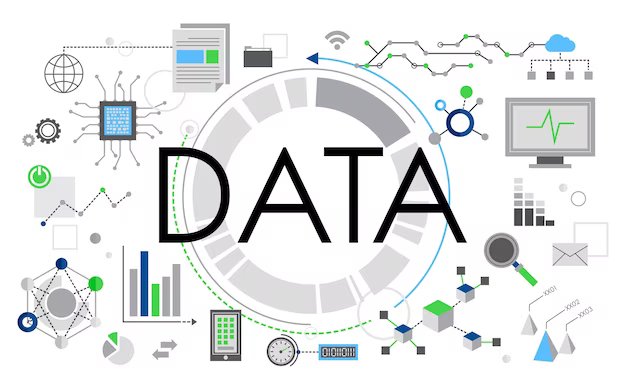
One of the most pressing challenges in today’s information age is the extensive collection and monetization of personal data. Tech giants and online advertisers collect vast amounts of information about our online behavior, such as our search history, preferences, and even our physical location. This data is often used to target us with personalized advertisements, leading to concerns about the erosion of privacy.
Data Breaches and Hacks
The constant connectivity of the digital world has also given rise to an increased risk of data breaches and cyberattacks. Personal data, including financial information and sensitive documents, is frequently targeted by hackers who can compromise our privacy and security. High-profile incidents like the Equifax breach and the Facebook data scandal have highlighted the need for robust privacy measures.
Invasion of Digital Footprints
We leave a trail of digital footprints wherever we go online, making it challenging to control the dissemination of our personal information. Information shared on social media, comments on
websites, and online purchases are all potential sources of data that can be exploited. Managing and protecting this information is a significant challenge.
Solutions to Protect Privacy in the Information Age
Strong Data Protection Laws
Governments around the world are implementing and strengthening data protection laws to enhance online privacy. For example, the European Union’s General Data Protection Regulation (GDPR) gives individuals greater control over their personal data. Similar regulations in other regions aim to ensure that companies are more accountable for how they handle user data.
Encryption Technologies
Encryption technologies, such as end-to-end encryption, play a crucial role in securing data from prying eyes. Messaging apps like Signal and WhatsApp use end-to-end encryption to protect the content of messages, ensuring that even the service providers cannot access the data.
Privacy-Focused Browsers and Search Engines
Using privacy-focused browsers like Firefox, Brave, or search engines like DuckDuckGo can help limit the amount of personal information exposed while browsing the internet. These platforms often block trackers and prioritize user privacy.
Free Antivirus Software
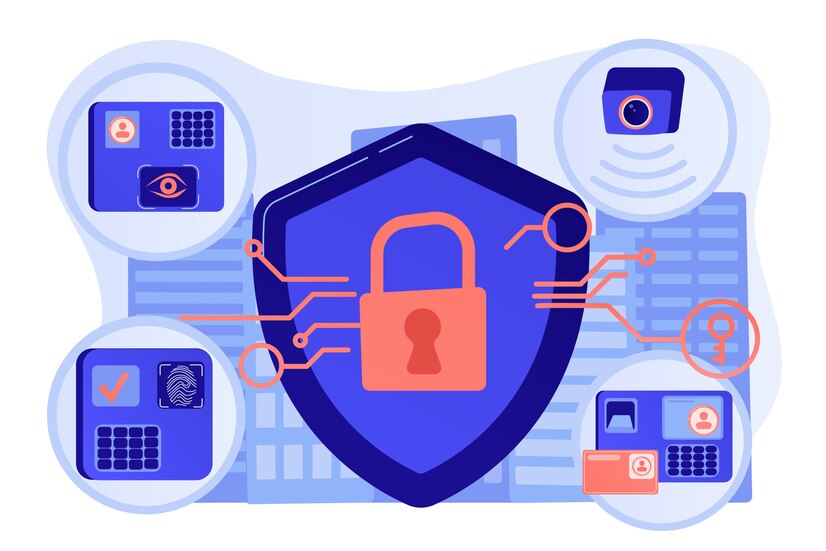
Free antivirus software can provide an additional layer of protection for your devices. While they may not offer the same extensive features as premium antivirus solutions, they can help protect against common threats like malware and phishing attempts. However, it’s essential to choose reputable free antivirus software to avoid potential privacy issues.
Education and Awareness
Educating individuals about the importance of online privacy and teaching them how to protect themselves is a vital step. Raising awareness about common online threats, such as phishing scams and social engineering, can empower users to make informed decisions and protect their privacy.
Conclusion
Privacy in the information age is an evolving challenge that requires proactive measures to safeguard personal information. As data collection and sharing become increasingly prevalent, it is essential for individuals, governments, and organizations to take steps to protect online privacy. Utilizing tools like encryption, privacy-focused browsers, and reputable free antivirus software can help individuals defend against common threats. Ultimately, the preservation of online privacy is a collective effort, and the more informed and vigilant we are, the better we can protect our digital lives in this information age.

